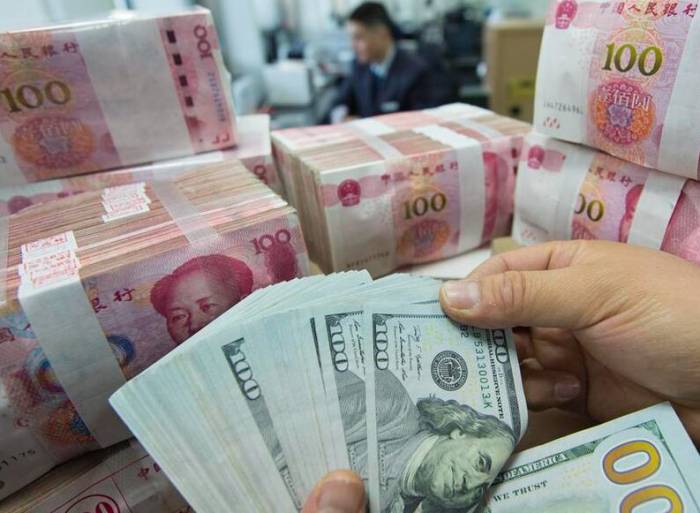【Introduction】Goldman Sachs: The Tactical Rebound in A-Shares May Bring Investment Opportunities
Following a packed conference call, on September 25th, Goldman Sachs swiftly released a strategy report. In this report, led by the Chief China Equity Strategist, Liu Jingjin, Goldman Sachs stated that unconventional policies demonstrated the determination of policymakers, and investors could buy into the shareholder return theme. Goldman Sachs believes that after the introduction of these policies, the tactical rebound in A-shares may have brought investment opportunities.
Unconventional Measures
Goldman Sachs pointed out that four unprecedented measures were introduced this time.
Firstly, the reduction of existing mortgage loan interest rates. The central bank governor, Pan Gongsheng, announced a 50 basis point cut in existing mortgage loan interest rates. Goldman Sachs estimates that this could save residents 150 billion yuan in interest, gradually enhancing their willingness to consume. Secondly, the central bank also stated that it would provide a swap facility of 500 billion yuan for the first phase, and the funds can only be used to invest in stocks. Goldman Sachs said that this measure is similar to the measures taken during the A-share adjustment period in 2015, showing the policymakers' determination to stabilize the domestic stock market. Thirdly, the central bank announced a corporate share repurchase relending plan of 300 billion yuan for the first phase. This is consistent with the policy objectives of the "Nine National Articles" and helps to continue the record pace of stock buybacks. Finally, after the press conference, in response to a reporter's question, the central bank governor Pan Gongsheng stated that the People's Bank of China is studying the introduction of a stabilization fund. Goldman Sachs said that empirical evidence suggests that the government's direct participation in the stock market may effectively boost returns in the short term.
How to understand these policy measures? Goldman Sachs said that policymakers are concerned about economic growth and various asset markets. This policy combination conveys to the market in a special way that regulatory agencies may aim to maximize the market guidance role of loose policies and reverse the pessimistic sentiment surrounding the economy and asset markets. This highlights China's determination to achieve economic transformation and realize its growth potential.
Goldman Sachs said that this round of policies will catalyze a new round of policy-driven rebounds. The institution tactically prefers Hong Kong stocks.
So far this year, the market's expectations for policy easing have largely exacerbated stock market volatility. This policy combination may not have reached the level of stimulus that some investors hoped for, but it can still help to narrow the high risk premium of A-shares. The Goldman Sachs Research Department believes that the investment opportunities brought by the tactical rebound in April 2024 may have arrived. The extent of the recovery of A-share market trading activities will depend on subsequent policies, corporate earnings, and external factors including the US election, etc.

Compared with the A-share market, Hong Kong stocks have stronger earnings revision expectations, more attractive absolute valuations, considerable A/H premium, continuous inflow of southbound funds, and higher sensitivity to Federal Reserve actions during the interest rate reduction cycle. Under such factors, currently, the Goldman Sachs Research Department is more optimistic about Hong Kong stocks.
Optimistic about the shareholder return themeGoldman Sachs Research believes that the adoption of unconventional operations such as swap facilities and asset pledging demonstrates the regulatory authorities' determination to stabilize the stock market. Amidst the global decline in risk-free interest rates, China has introduced policy measures to enhance shareholder returns and encourage long-term investment (patient capital). For investors seeking tactical "Alpha" opportunities or long-term allocation, the "shareholder return portfolio" remains one of the best investment themes in the Chinese stock market.
However, Goldman Sachs indicates that until the real estate issue is fully resolved, the market may currently be dominated by trading opportunities. Market participants believe that the real estate issue is one of the significant problems dragging down China's economy, and the turning point and sustainability of the stock market are also largely dependent on the prospects of the real estate industry. At this stage, Goldman Sachs Research suggests that investors may tactically invest in Chinese stocks.